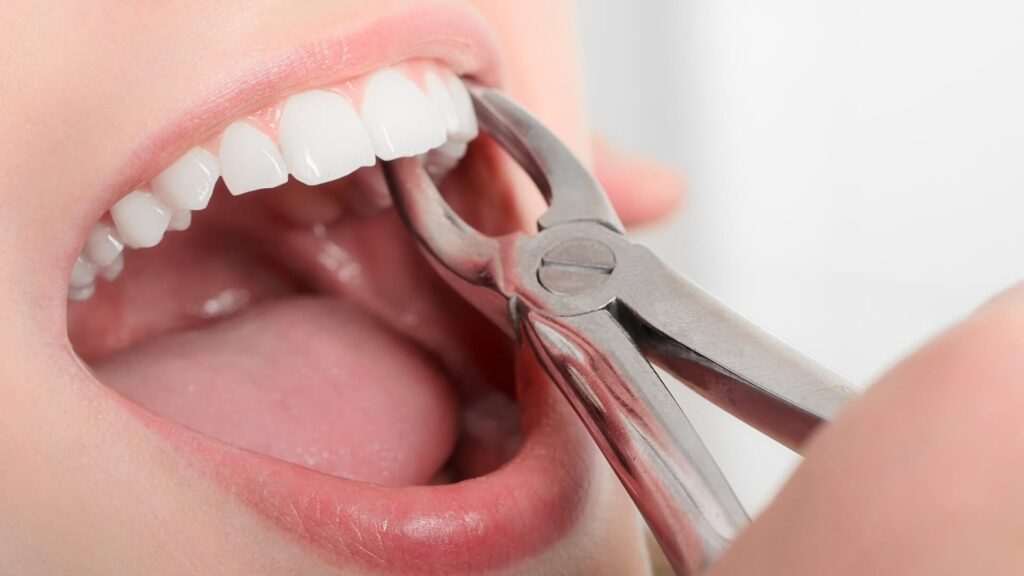With regular dental appointments and basic oral care, it is possible to prevent periodontal disease. If there is a cavity, your dentist will do everything possible to save the tooth, which may include going for root canal treatment. However, if the tooth is severely infected, or when there’s no scope for other treatments, you may have to go for an extraction. If you are visiting a Springfield, VA dentist for an extraction and are worried about the procedure, here’s what you need to know.
When is a tooth extraction required?
In most cases, dentists recommend a tooth extraction when there is advanced periodontal disease. Children may also need an extraction if their baby teeth impede adult teeth. If there is a need for orthodontic treatment, your dentist may remove a tooth before proceeding ahead. Extraction is also necessary when there’s an injury or fracture.
Is the procedure painful?
The short answer is no. Your dentist will start with x-rays to understand the position of the infected/injured tooth. Once that’s done, your dentist will use local anesthesia to numb the area, which will ensure that you don’t feel any pain. Using a special tool known as the elevator, your dentist will lift the tooth and loosen all the ligaments around it. The final step is to use a pair of forceps to rock the tooth and remove it, and you may feel some pressure at this point, but there won’t be any pain. In complex cases, it may be necessary to break a tooth into small pieces before removal. While not always required, some tooth extractions may involve stitches to close the socket.
What to ask a dentist?
If your dentist has recommended going for tooth extraction, you should ask the following:
- Is there any other treatment or option other than a tooth extraction?
- How can you replace the missing tooth?
- Can I consider dental implants? If not, what are my options?
- Do you specialize in restorative and cosmetic dentistry procedures?
- What precautions should I take before and after a tooth extraction?
- Will there be any downtime? Are there any specific concerns that I should know about?
In addition to all that, if you are sick for a week or are feeling unwell before the procedure, let your dentist know. Don’t shy away from asking questions that may be specific to your case. There’s not much to worry about regarding a tooth extraction!
About Author
You may also like
-
CBT Coaching for Anxiety: Empowering Change Through Thought and Action
-
Why Diabetic Retinopathy Screening Shouldn’t Be Ignored
-
Top Medical Transcription Software for Accurate Healthcare Documentation
-
Targeted Solutions for Every Skin Concern: From Acne Scar Treatment to Botox Treatment Singapore
-
The Science Behind Drinkable Collagen: What Studies Really Say


